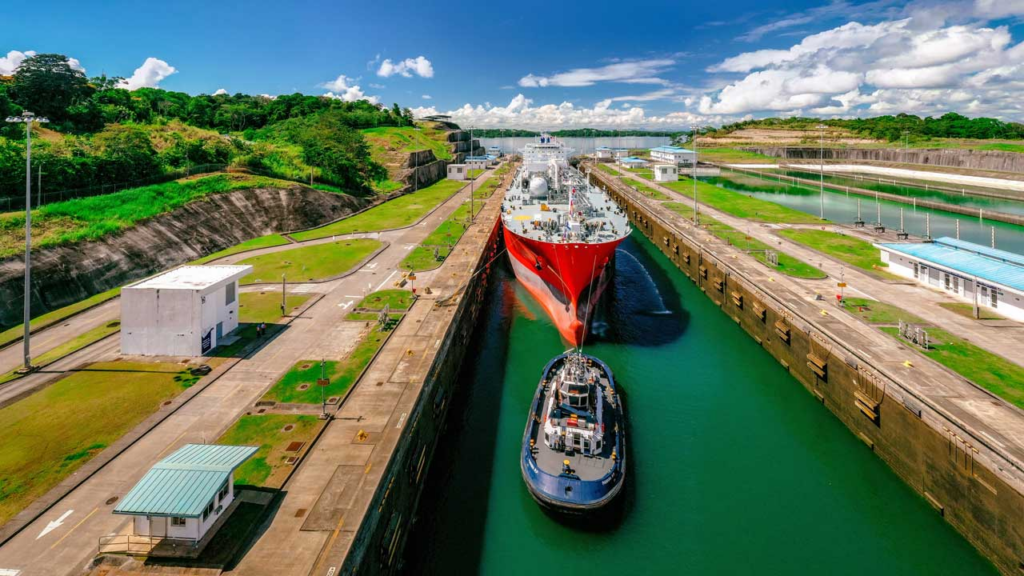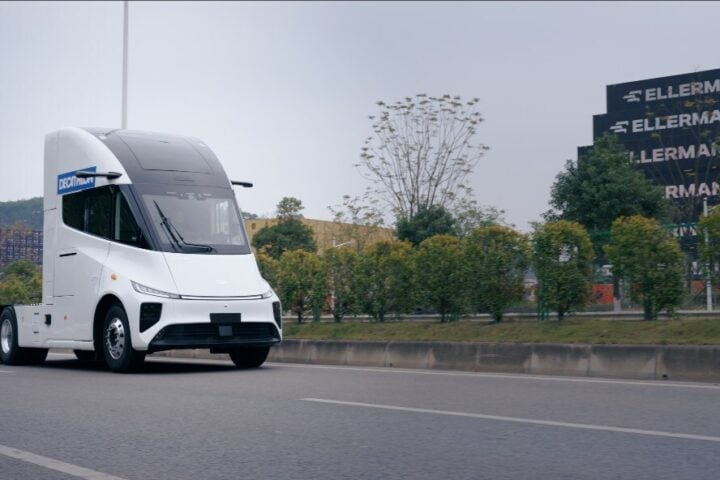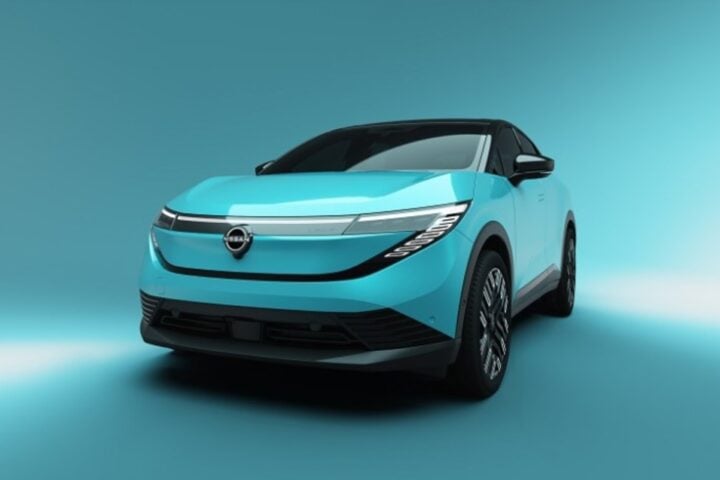A cargo ship equipped with Bar Tech WindWings, a groundbreaking innovation by Cargill and Bar Technologies, has embarked on its maiden voyage. This ship, boasting 10-story high rigid sails, is set to test WindWings sails that harness the timeless power of wind to decrease fuel usage. The technology holds the promise to decarbonize cargo ships by up to 30%, aiding the maritime sector in achieving net-zero emissions by 2050.
Wind power stands as a formidable contender to help meet emission reduction goals, but its adoption faces challenges. Stephen Gordon, Managing Director at maritime data firm Clarksons Research, shared with the BBC, “The number of ships utilizing this technology has doubled over the past 12 months. However, this is from a low base. In the international shipping fleet and new-build order book of over 110,000 vessels, we have records for under 100 employing wind-assisted technology today.”
Mitsubishi Corporation’s Pyxis Ocean, chartered by Cargill, is the pioneer in retrofitting two WindWings—large wing sails measuring up to 37.5 meters in height. The installation unfolded at the COSCO shipyard in China, and the Pyxis Ocean is now navigating the waters on its inaugural journey from China to Brazil.
These wind-powered sails are projected to slash fuel consumption and, consequently, the carbon footprint of shipping—an industry accountable for approximately 2.1% of global carbon dioxide (CO2) emissions. BAT Technologies has asserted that their system would enable the ship to conserve three tonnes of fuel daily.
Similar Posts
“The maritime industry is navigating towards decarbonization—it’s a challenging but thrilling journey. At Cargill, we bear the responsibility to spearhead decarbonizing solutions across all our supply chains to fulfill our customer’s needs and the planet’s necessities,” remarked Jan Dieleman, President of Cargill’s Ocean Transportation business.
Dieleman further added, “A technology like WindWings is not devoid of risks, but as an industry leader—in collaboration with the visionary shipowner Mitsubishi Corporation—we are unafraid to invest, embrace those risks, and share our insights transparently to aid our partners in the maritime transition to a greener future.”
BAR Technologies CEO, John Cooper, expressed that they have invested in wind sail technology and joined forces with Yara Marine Technologies to present vessel owners and operators an opportunity to reap these benefits. “If international shipping aspires to diminish CO2 emissions, innovation must take center stage. Wind is a nearly cost-free fuel, and the prospects for emission reduction, coupled with significant efficiency gains in vessel operating costs, are considerable,” Cooper commented.
Cargill, standing as one of the world’s largest ship charterers, is exploring wind-assisted propulsion as a greener energy alternative. The utilization of wind for propulsion, once prevalent before the advent of steam and diesel engines, is now primarily reserved for smaller vessels.
“It involves risk-taking. There is no assurance… that the economics will align. But it is incumbent upon us to demonstrate to the industry the possibilities and instill confidence in this technology,” Jan Dieleman stated.
The WindWings project, receiving co-funding from the European Union as part of the CHEK Horizon 2020 initiative, aspires to offer a retrofit solution for existing vessels to decarbonize them. This is especially pertinent considering that 55% of the world’s bulker fleets are up to nine years old.
WindWings, by harnessing wind power, can assist vessel owners in complying with new CII rules. They can save up to 1.5 tonnes of fuel per day on a global route, and potentially more on trans-ocean routes, translating into savings of around c$800 per tonne of heavy fuel oil (HFO).


















